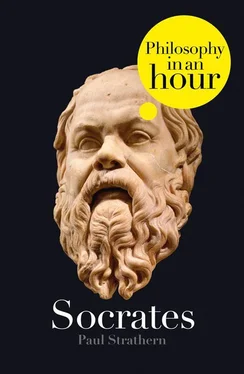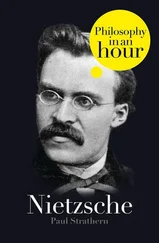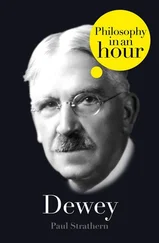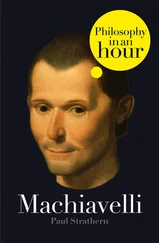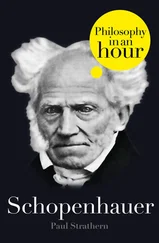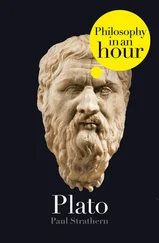In these early days philosophy was considered the study of all knowledge. (In Greek, philosopher means “lover of wisdom.”) Mathematics, science, and cosmology did not exist as such; for centuries they were considered part of philosophy. As late as the seventeenth century Newton called his masterpiece on gravity and the workings of the universe Philosophicae Naturalis Principia Mathematica (The Mathematical Principles of Natural Philosophy) . Only through the years did philosophy come to be regarded by many as the study of metaphysical – and thus unanswerable – questions. Whenever philosophy actually found the answers to questions, it ceased to be philosophy and became something else – a separate subject such as mathematics or physics. The most recent example of this is usually considered to be psychiatry, which claimed to answer a number of questions and immediately set up shop as a separate science. (In fact it does not fulfill the philosophic requirements of a science, which demand a set of principles that can be tested by experiment – requirements not fulfilled by the inexactitudes of paranoia, psychoanalytic cures for dementia, and other forms of psychopathic disorder.)
In Socrates’ time this entire field was of course considered part of philosophy (and philosophers were popularly regarded by the citizens of Athens much as the public today regards psychiatrists). Socrates’ attitude toward philosophy was certainly psychological in the original sense of the word. (In Greek, psychology means “the study of the mind.”) But he was no scientist. The influence of Parmenides saw to that. Reality was an illusion. This had a negative effect on Socrates and his successor Plato. During their lifetimes a few significant advances were made in mathematics, but only because this was considered timeless and abstract, and thus thought to be in some way connected with the ultimate reality of Being. Fortunately their successor Aristotle had a different attitude toward the world. He became in many ways the founder of science, and drew philosophy back toward reality. But the unscientific – indeed, antiscientific – attitude that developed with Socrates was to cast a blight on philosophy for centuries to come.
Largely as a result of Socrates’ antiscientific attitude, the few great scientific minds of the ancient Greek world worked outside philosophy. Archimedes (in physics), Hippocrates (in medicine), and to a certain extent Euclid (in geometry) were isolated from philosophy and thus from any developing tradition of knowledge and argument. Ancient Greek scientists knew the earth went around the sun, knew it was round, and even calculated its circumference. They observed electricity and were aware that the earth had a magnetic field. Outside the “universal wisdom” of philosophy, such factual bits of knowledge were isolated to the status of oddities. We owe a great deal to Socrates for placing philosophy on the sound basis of reason. But the fact that philosophy came of age under the aegis of an antiscientist must count as one of the great misfortunes of human learning. It is difficult to overemphasise the significance of this missed opportunity. The mental energy expended in the Middle Ages calculating the number of angels who could stand on the head of a pin might instead have been dealing with the atoms first posited by Democritus.
Конец ознакомительного фрагмента.
Текст предоставлен ООО «ЛитРес».
Прочитайте эту книгу целиком, купив полную легальную версию на ЛитРес.
Безопасно оплатить книгу можно банковской картой Visa, MasterCard, Maestro, со счета мобильного телефона, с платежного терминала, в салоне МТС или Связной, через PayPal, WebMoney, Яндекс.Деньги, QIWI Кошелек, бонусными картами или другим удобным Вам способом.
